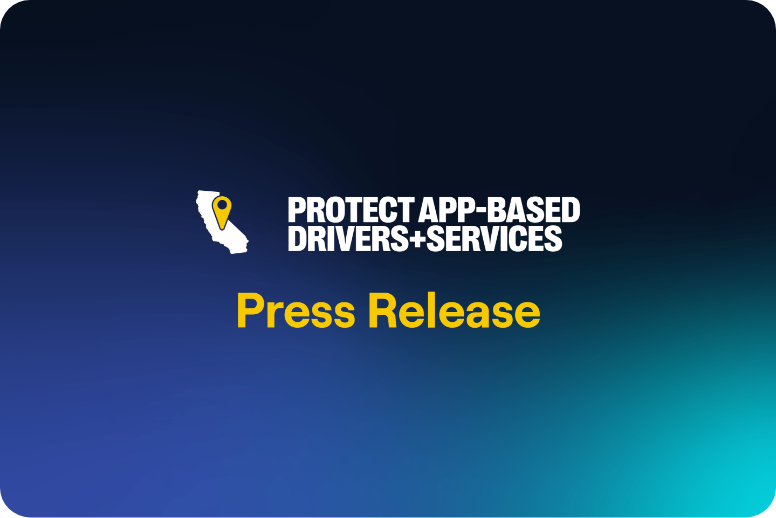By Stephanie Whitfield
Two years ago, California voters affirmed what I have long known: Rideshare and delivery drivers prefer the flexibility of being independent contractors rather than the strict rules associated with being employees.
In November 2020, nearly 60% of California voters cast their ballots in favor of Proposition 22, a ballot measure that protects app-based drivers like me.
It protects our work as independent contractors — free to earn where, when and how we want — while also providing new benefits, like a health care stipend and occupational accident insurance.
Special interests went to the courts, trying to overturn the will of the voters — and the wishes of the vast majority of drivers.
Now, the future of independent app-based work rests with the courts, where an appellate decision on Prop 22 is expected soon.
For drivers like me, the last two years of Prop 22 have been essential.
During the week, I’m a proud 29 Palms teacher. But a few years ago I had back surgery that made it impossible for me to stand all day and teach.
Lyft was the only way I could sit and still earn a living.
The flexibility of Lyft also allowed me to manage my pain while juggling the crazy schedule of a blended family with three teenagers at home.
Now that I’ve recovered, I’ve recently returned to teaching, but California is expensive so I drive with Lyft and shop for Instacart on weekends to earn extra money.
With inflation on the rise, it’s essential that I have this flexible alternative to help supplement my income and make ends meet.
My preference is to teach full-time but I’m drawn to Lyft and Instacart because I can earn extra money when it works for my schedule.
Many other drivers also work part-time to earn extra cash when it works for them.
I’m far from alone in being grateful for Prop 22.
A study of DoorDash, Instacart, Lyft, and Uber drivers in California found that drivers are earning far more than minimum wage — averaging over $34 per hour in a 3-month period in 2021 (including tips and bonuses) — while having the freedom and flexibility to work when it’s best for them.
A survey from last year found that California drivers support Proposition 22 by more than a 6-to-1 margin.
More than 80% of drivers also say that Proposition 22 has supported them personally and that it should be protected by the courts since voters approved it.
The same survey showed that if Proposition 22 was thrown out only 2 in 10 drivers would choose to continue driving.
I know I wouldn’t be able to continue driving if I were forced to follow a fixed schedule, and I worry about what that would mean for my ability to pay my bills.
Two years in, Prop 22 is a case study on how drivers can maintain their independence while gaining access to benefits.
Hundreds of thousands of drivers like me are counting on the California courts to do the right thing: Uphold Prop 22 and the will of the voters – and stand for driver independence.
Stephanie Whitfield is a teacher from 29 Palms who drives with Lyft and shops for Instacart on the weekends.
Read the original article in full

The Latest News

Opinion
I’m an Instacart driver: California Supreme Court must protect my job
By Stephanie Whitfield It may sound dramatic to say that app-based driving saved my life, [...] Read more
News
As Prop. 22 heads to California Supreme Court, support doesn’t break along ideological lines
By Bob Egelko Proposition 22, the 2020 ballot initiative sponsored by Uber and Lyft that [...] Read more
